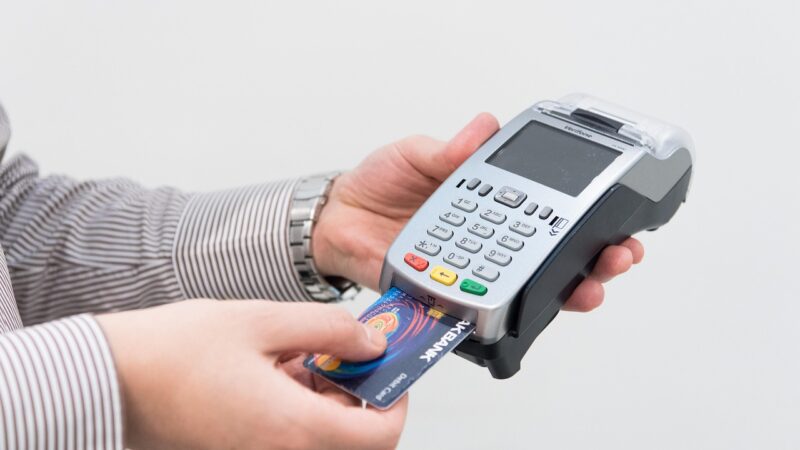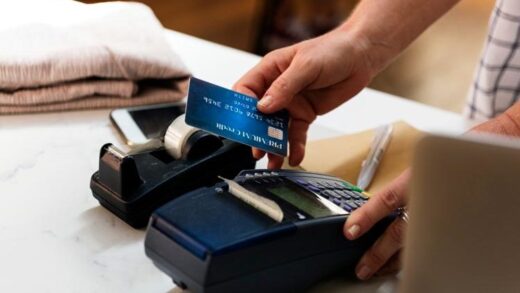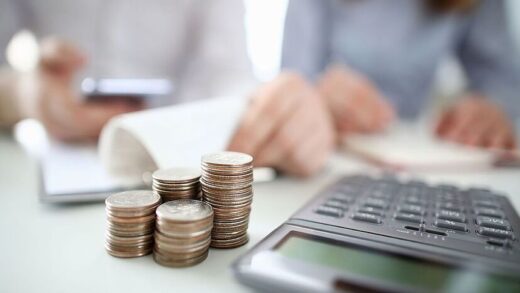Should You Use a Credit Card to Pay Bills? What the Pros Say

Thinking about using a credit card to pay your bills? Learn the pros, cons, expert advice, and when it makes sense to use credit—plus smarter alternatives to avoid debt.
Why People Use It to Pay Bills
People turn to credit cards for bills for a few reasons:
- To earn rewards like cashback or travel points
- To avoid late fees or service interruptions
- To manage cash flow between paychecks
- To build credit with consistent, on-time payments
Used wisely, this can help. But the key is paying off your balance—fast.
The 70/20/10 Rule Explained: Budgeting That Doesn’t Suck
What Bills Can You Pay with It?
Not all companies accept it, but many do. Here’s a list of common bills you can pay with a card:
- Utilities (electricity, gas, water)
- Internet and mobile phone service
- Subscriptions (like Netflix, Spotify, etc.)
- Insurance (car, home, health)
- Rent or mortgage (via platforms like Plastiq or Bilt)
- Medical bills (through some providers or third-party payment services)
- Taxes (via the IRS’s authorized payment portals)
Watch for fees. Many providers charge 2%–3% for card payments, which can cancel out any rewards you earn.
Pros
1. Earn Cashback or Points
Using a rewards card for monthly bills can lead to solid earnings. A $1,000 bill paid with a 2% cashback card nets $240 a year—if you pay off the balance in full.
2. Improved Cash Flow
The ‘plastics’ give you more time between when a bill is due and when you actually have to pay.
3. Helps Build Credit
Regular payments build credit history. Keeping your card’s balance low (below 30% of the limit) also supports a strong credit score.
4. Added Security
Credit cards offer stronger fraud protection than debit cards. If something goes wrong, it’s easier to get your money back.
Cons
1. High Interest if You Carry a Balance
Most have interest rates over 20%. If you don’t pay in full, those charges add up fast.
2. Easy Path to Debt
If you used because you’re short on cash, it’s easy to overspend. This can turn into ongoing debt.
3. Processing Fees
Many services charge a fee. For example, a $25 fee on a $1,000 rent payment means your rewards probably aren’t worth it.
4. Possible Credit Score Impact
Using too much of your available credit—or missing a payment—can lower your credit score.
What the Experts Say
Rachel Cruze, personal finance expert:
“Credit cards are fine if you have a plan to pay them off each month. But if you’re using them because you’re out of money, that’s a red flag.”
Clark Howard, consumer advocate:
“Don’t pay a 3% fee to earn 1.5% in rewards. Run the math first.”
Mark Reyes, CFP® at Albert:
“A credit card is a good emergency tool—not a monthly habit.”
When It Might Make Sense
Using a credit card for bills can work in your favor if:
- You’re earning more in rewards than you’re paying in fees
- You need a short cash bridge and can repay quickly
- You’re using a 0% APR promo and have a clear payoff plan
- You always pay your balance in full
Smarter Alternatives if You’re Short on Cash
If you’re relying on your credit card because money is tight, try these options first:
- Build a basic budget
- Start an emergency fund—even $25/month helps
- Talk to your providers about due date changes or payment plans
- Check if you qualify for a hardship program
- Consider a personal loan with a lower rate than your credit card
Bottom Line: Should You Use a Credit Card to Pay Bills?
Yes—if you pay it off in full.
Credit cards can earn you rewards and give you payment flexibility. But if you’re using them because you’re out of cash, it may lead to debt.
Before you swipe, ask yourself:
- Am I paying it off every month?
- Are the fees worth the rewards?
- Is this part of a bigger financial pattern?
If something feels off, step back and look at your budget. You may need to adjust spending, not just rely on credit.
Resources



